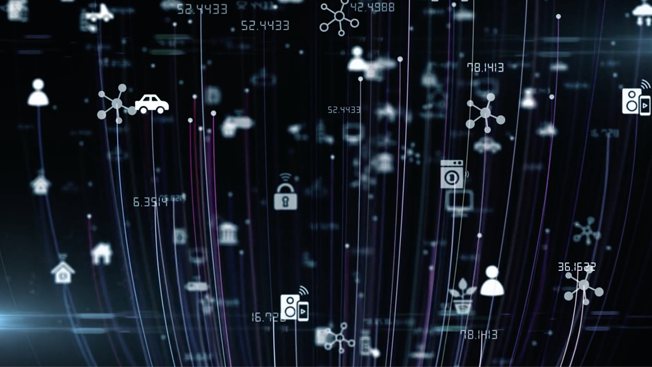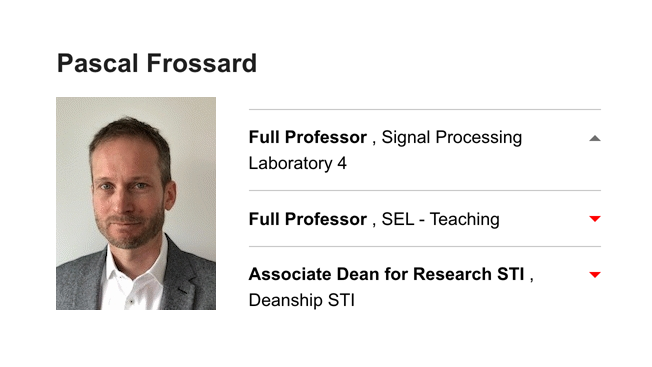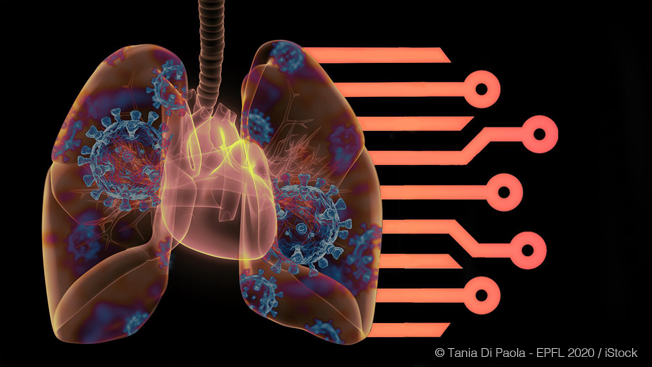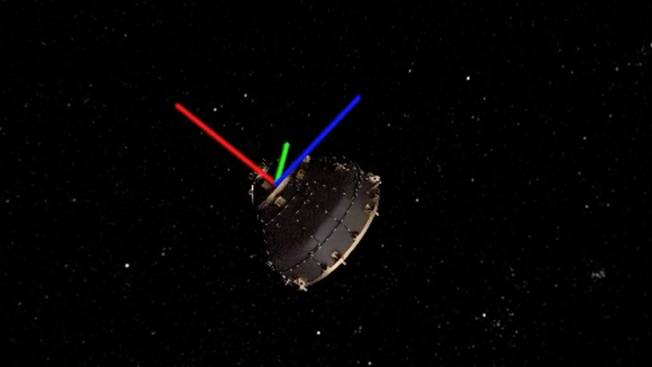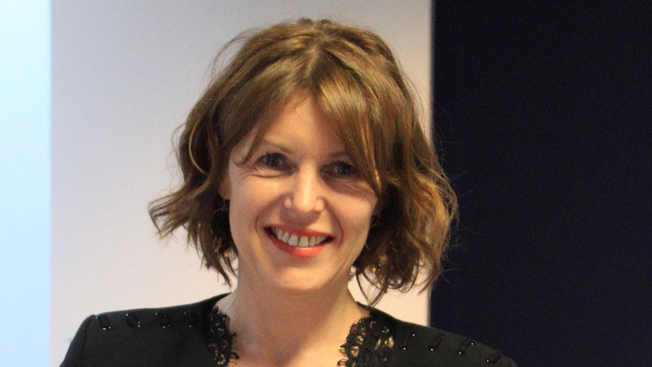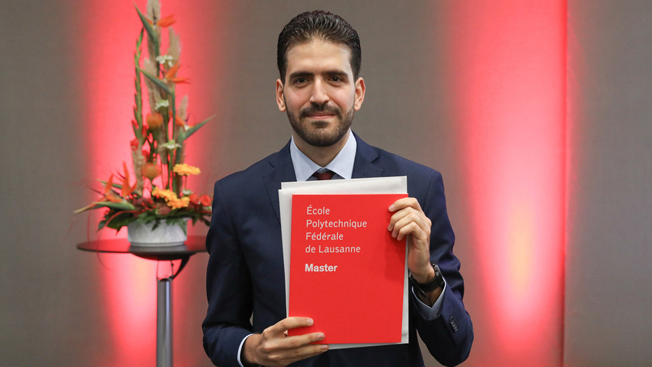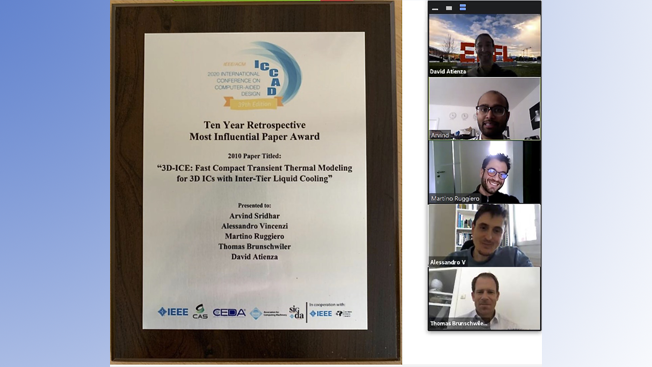As the applications of AI increase rapidly, the scientific community, as well as lawmakers, are concerned that unregulated AI can lead to misuse and abuse.
In this context, the European Commission took a clear stance by releasing a white paper in February 2020, which could lead to a regulatory framework for AI.
News
Rafael Pinot Receives EcoCloud Postdoctoral Research Award
Distributed computing is already playing a pivotal role in a wide range of applications including web-based communications and intelligent information systems. In keeping with this development, EcoCloud presented a research project award to Rafael Pinot for his ongoing work on controlling the spread of fake news or infectious diseases based on the theory of gossip protocols.
Read MoreNew Humanitarian Initiative Brings Digital Technology and Engineering Skills to the Table
Managing humanitarian aid is one of the most important problems in the modern world. It is also a very powerful and direct approach to make a lasting global impact. Keeping that in context, experts at ETH Zurich and EPFL–two of Switzerland’s leading federal institutes of technology–have joined hands with the International Committee of the Red Cross (ICRC) to launch the Engineering Humanitarian Aid initiative.
Read MoreAI Helps Predict ‘Cytokine Storms’ in COVID-19 Patients
Digipredict detects the first signs of a ‘cytokine storm’ in high-risk COVID-19 patients, thus allowing doctors to act before it causes serious damage to the cardiovascular systems. Cytokines are proteins that play an important role in normal immune responses, but having a large amount of them released in the body all at once can be harmful.
Read MorePascal Frossard Named as Full Professor (STI)
The Board of the Swiss Federal Institutes of Technology has announced the appointment of Pascal Frossard as Full Professor of Electrical Engineering and Electronics in the School of Engineering (STI). Currently Associate Professor at EPFL, he joined the EcoCloud faculty in 2018 to help the research centre drives its cloud computing programs.
Read MoreNew “Sight and Sound” Algorithms to Identify COVID-19 Patterns
About a year ago, when the novel coronavirus broke out, medical science not only failed to arrest its spread but also to properly identify the developmental stages of the disease. Many casualties resulted because the progression of the disease was an enigma. In the later part of the year, there were nascent attempts to harness AI for COVID-19 diagnosis, treatment, and monitoring. A giant step in that direction has been taken recently by researchers at EPFL; they have developed algorithms that can practically see and hear COVID in a patient’s lungs.
Read MoreEPFL Scientists Spearhead Deep Learning Efforts to Clear Space Debris
At least three EPFL laboratories are working in tandem on the project: Computer Vision Laboratory led by Professor Pascal Fua, Realistic Graphics Lab led by Assistant Professor Wenzel Jakob, and Embedded Systems Lab spearheaded by Professor David Atienza (also a faculty member at EcoCloud).
Read MoreAnne-Marie Kermarrec Joins EcoCloud
EcoCloud is happy to announce that Anne-Marie Kermarrec, Professor in the School of Computer and Communication Sciences at EPFL, has now come aboard the EcoCloud faculty.
Read MoreHédi Fendri Wins OMEGA Prize Student Award
Each year, a student of the Microengineering Section of EPFL is awarded the prestigious OMEGA Student Award for contributing to scientific and technological advances in the disciplines of Microengineering, Micro- and Nanotechnologies, and Chronometry. This year, the Board of the Foundation of the OMEGA Prize decided to honor Mohammed Hédi Fendri, a master student at the Institute of Microengineering in EPFL’s School of Engineering.
Read MoreAward Ceremony: ICCAD 2020 Ten Year Retrospective Most Influential Paper Award
The ICCAD Executive Committee has recognized “3D-ICE: Fast Compact Transient Thermal Modeling for 3D ICs with Inter-Tier Liquid Cooling” as “the most influential on research and industrial practice in computer-aided design of integrated circuits over the ten years since its original appearance at ICCAD.” The authors of the paper are Arvind Sridhar, Alessandro Vincenzi, Martino Ruggiero, David Atienza (all from the Embedded Systems Laboratory – ESL at EPFL), and Thomas Brunschwiler (IBM Zurich Research Laboratory).
Read More